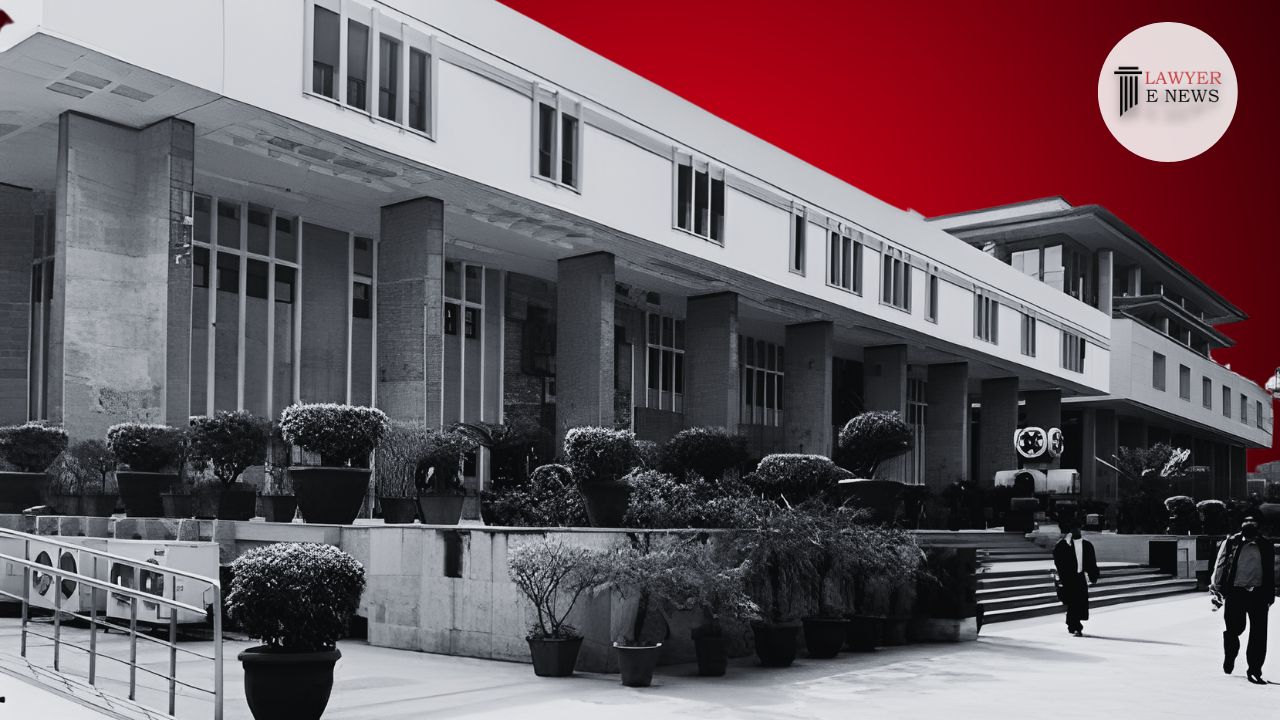-
by sayum
17 February 2026 5:39 AM



In a significant judgment that underscores the importance of education for children from economically weaker sections (EWS), the High Court of Delhi has ruled in favor of upholding the ‘Right of Children to Free and Compulsory Education Act, 2009’ (RTE Act). The case (W.P.(C) 5194/2023) involved a dispute over the admission of a five-year-old child, Amitanjali Tiwari, under the EWS category at the Sovereign School.
Justice C. Hari Shankar, presiding over the matter, observed that the essence of the RTE Act is to ensure the educational upliftment of underprivileged children. The Court highlighted that schools are mandated to admit a minimum of 25% EWS/DG students and clarified the principle of carrying forward unfilled EWS/DG vacancies from the previous academic year.
In his judgment, Justice Shankar stated, “Admitting of EWS/DG students to the extent of at least 25% of the strength of its entry-level class is the statutory obligation of every school which falls within Section 2(n)(iv) of the RTE Act.” The Court noted that this obligation extends to carrying forward unfilled vacancies to the next year, should there be a shortfall.
The case centered around the denial of admission to Amitanjali Tiwari by the Sovereign School, despite being eligible and following the DOE’s directives. The petitioner, represented by her mother, Anjali Pandey, approached the Court after the school repeatedly denied admission.
The High Court’s decision was partly in favor of the petitioner. While Amitanjali will continue her current academic session as an EWS student at Sovereign School, the Directorate of Education (DOE) has been directed to ensure her admission in a neighboring school as an EWS/DG candidate for the next academic year.
Justice Shankar emphasized the DOE’s critical role in ensuring compliance with the RTE Act and remarked, “It is the responsibility of the school concerned to bring any error to the notice of the DOE on release of the first intimation by the DOE and within the time provided therein.”
This landmark ruling is seen as a significant step in reinforcing the rights of EWS children to education and ensuring that schools adhere to their statutory obligations under the RTE Act.
Date of Decision: 29 January 2024
ANJALI PANDEY VS GOVT OF NCT OF DELHI & ANR.
